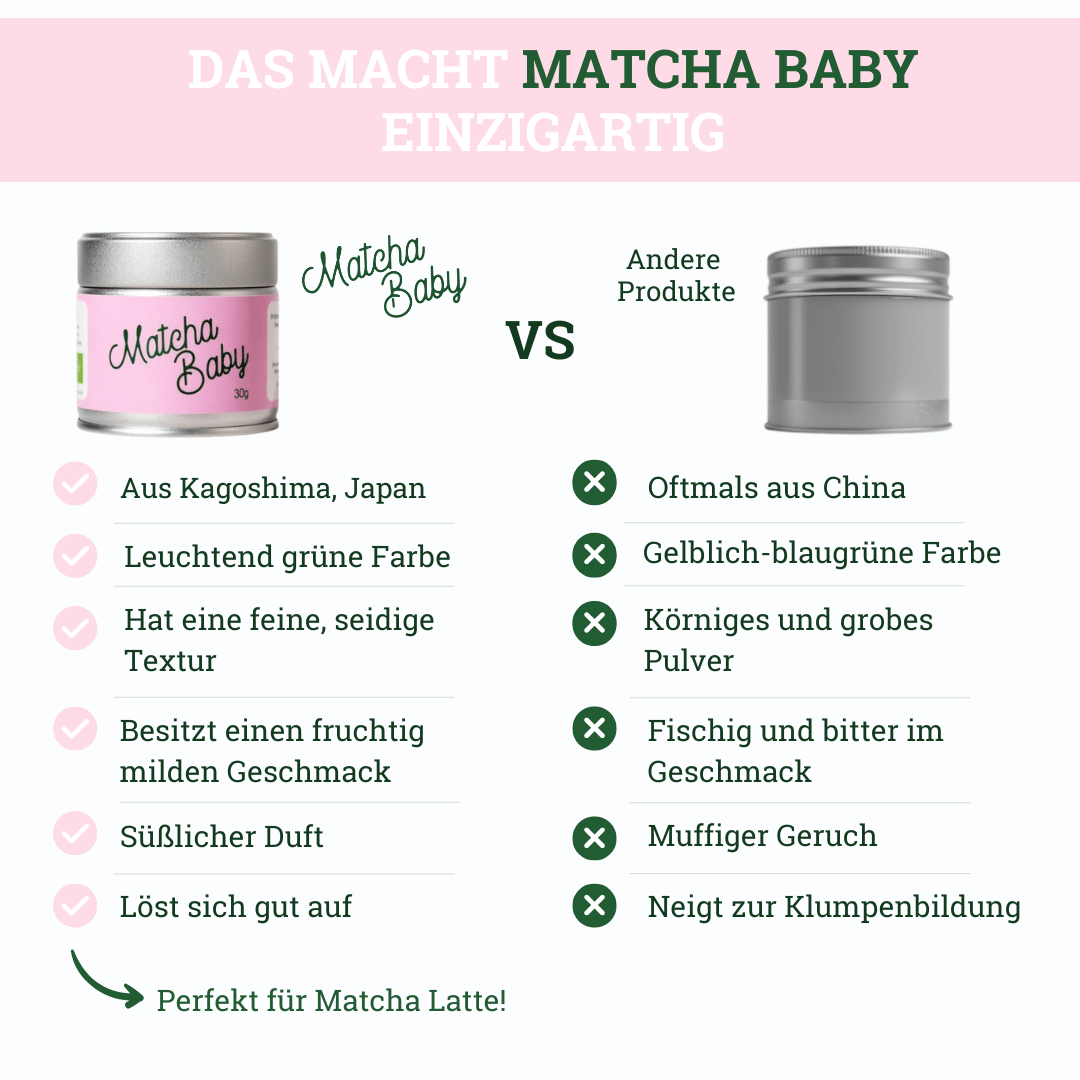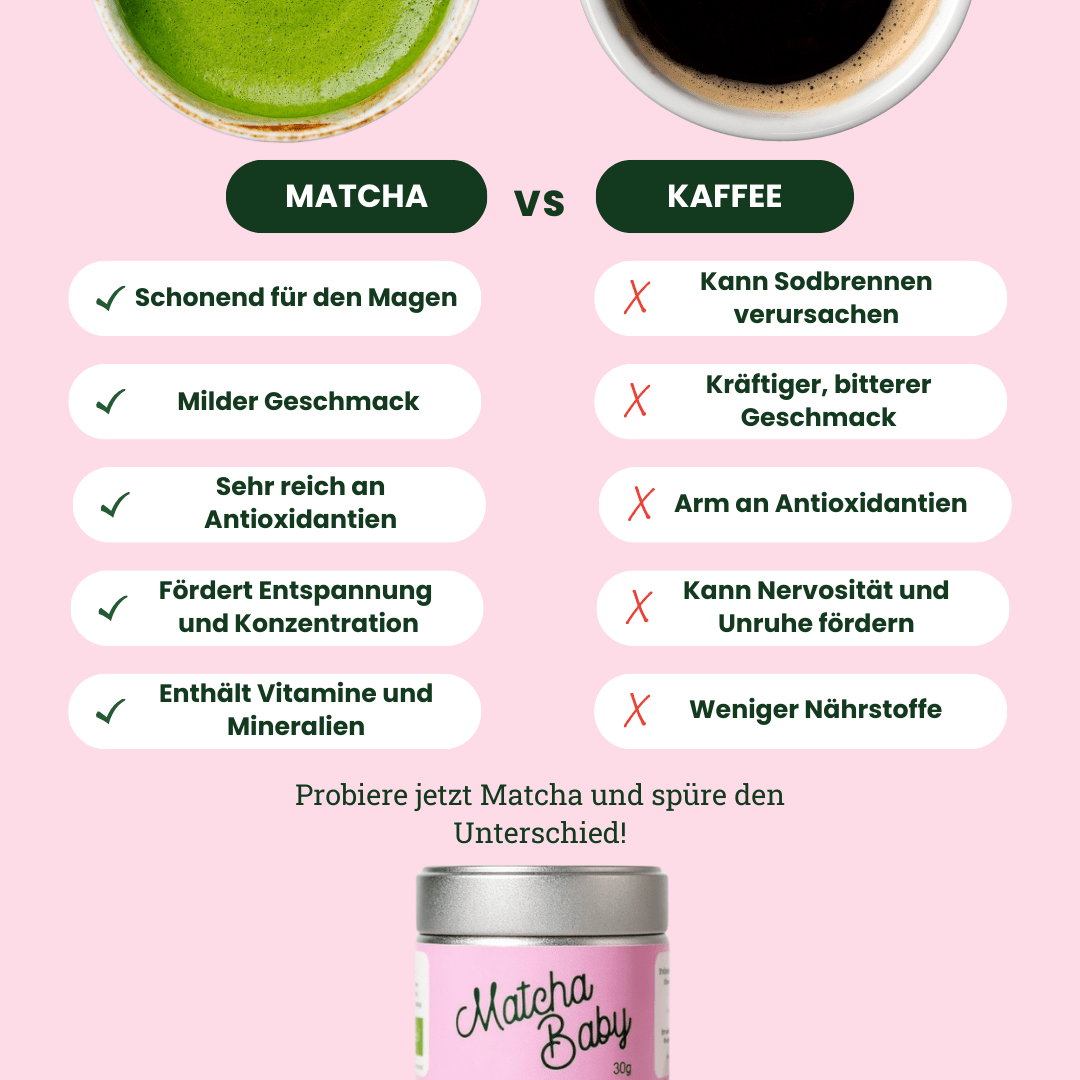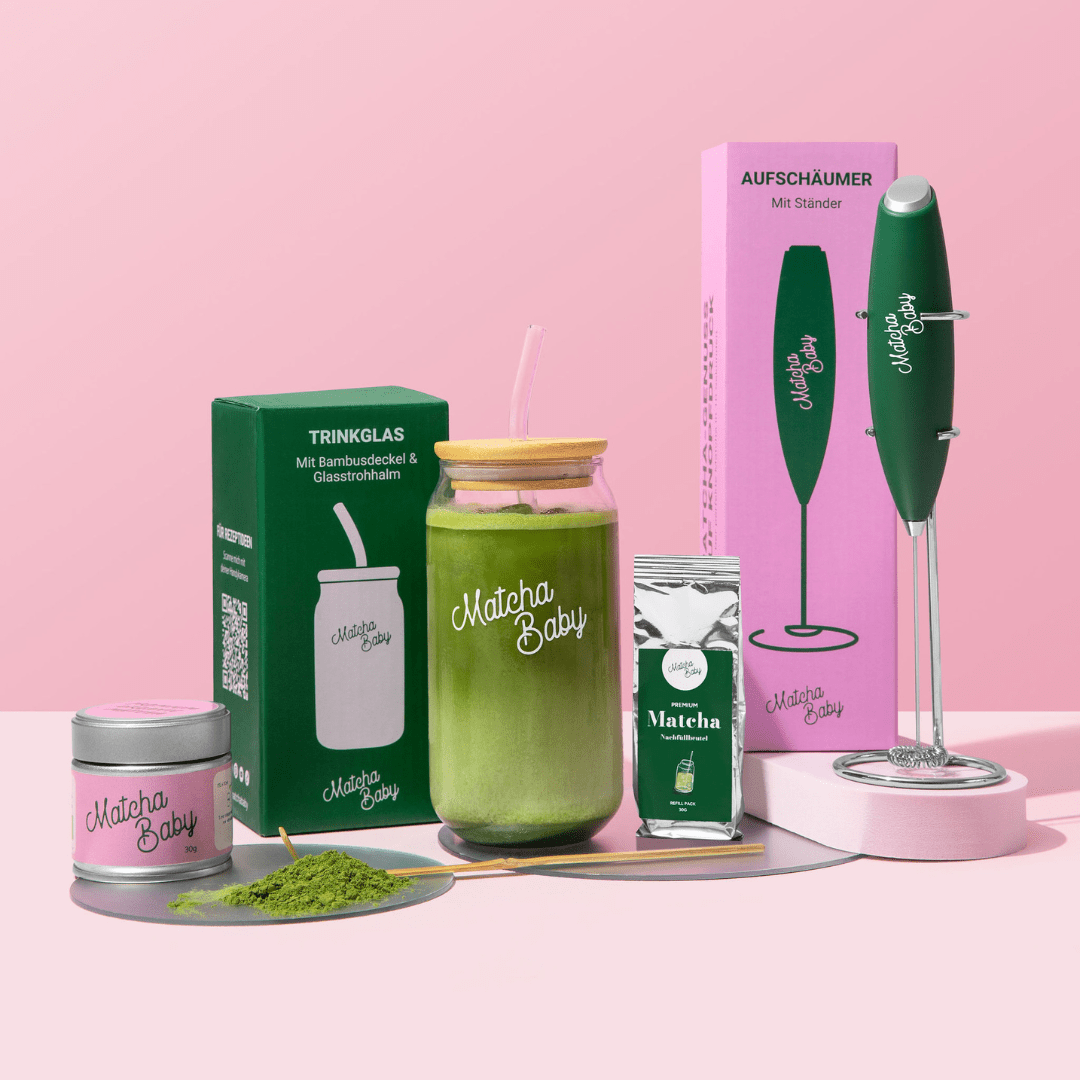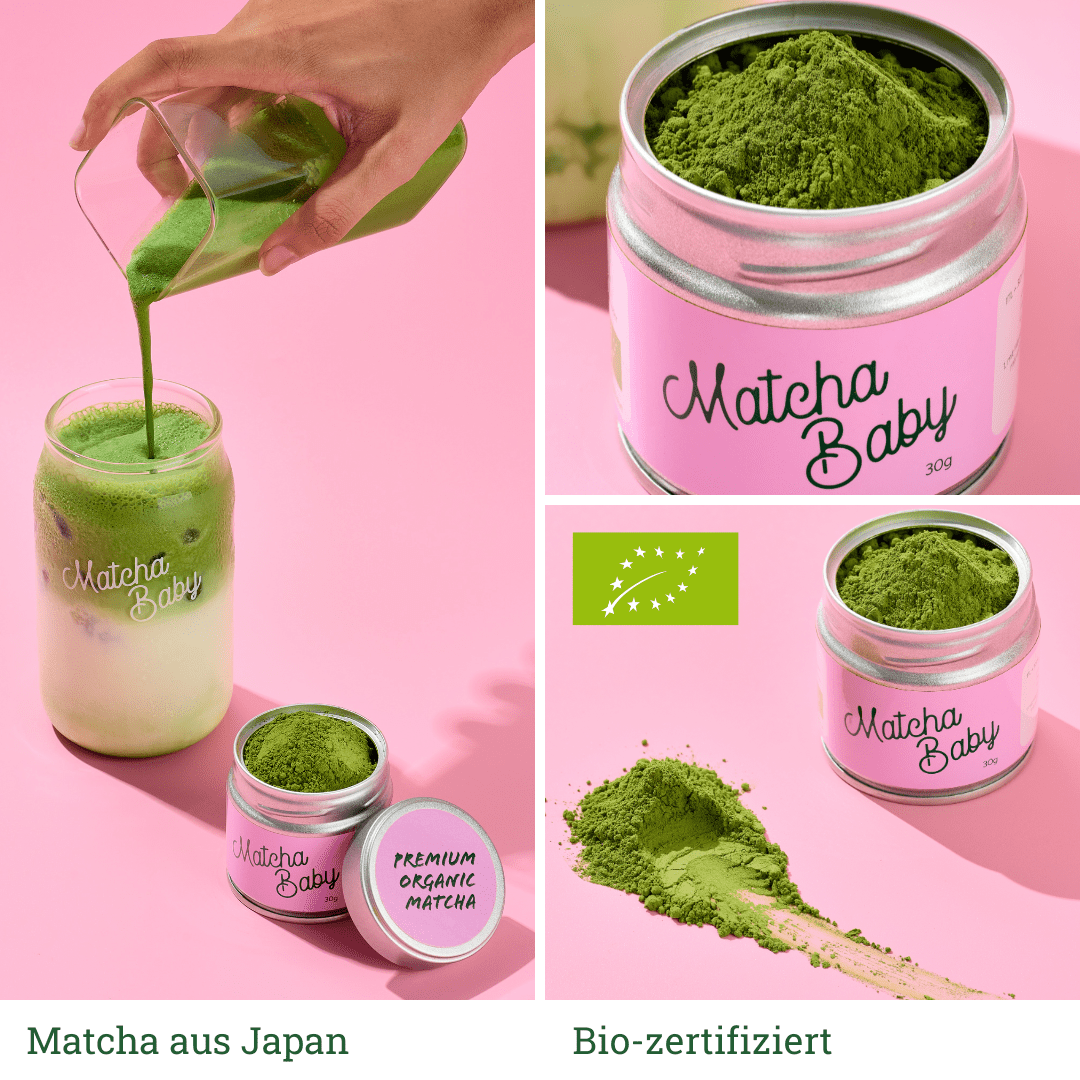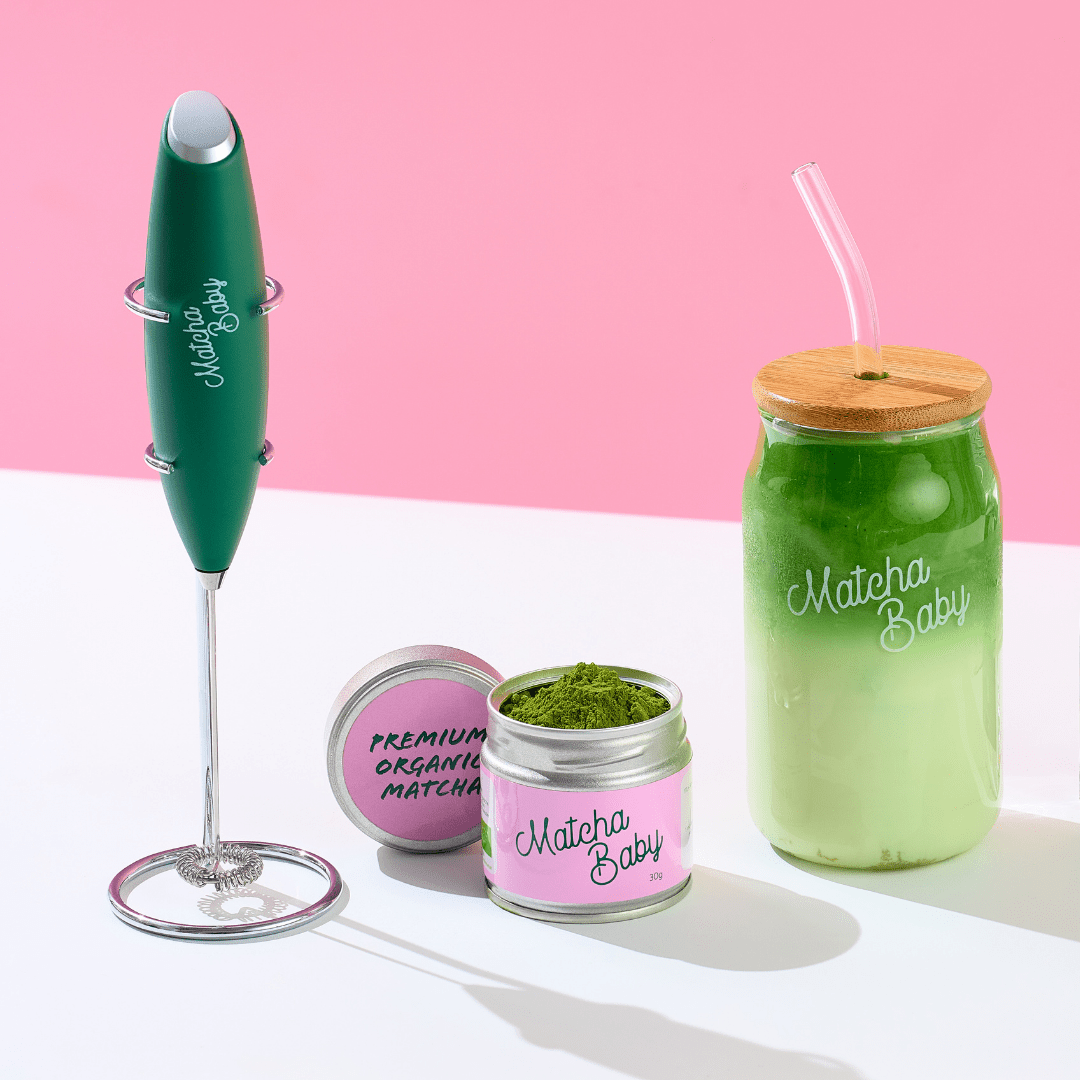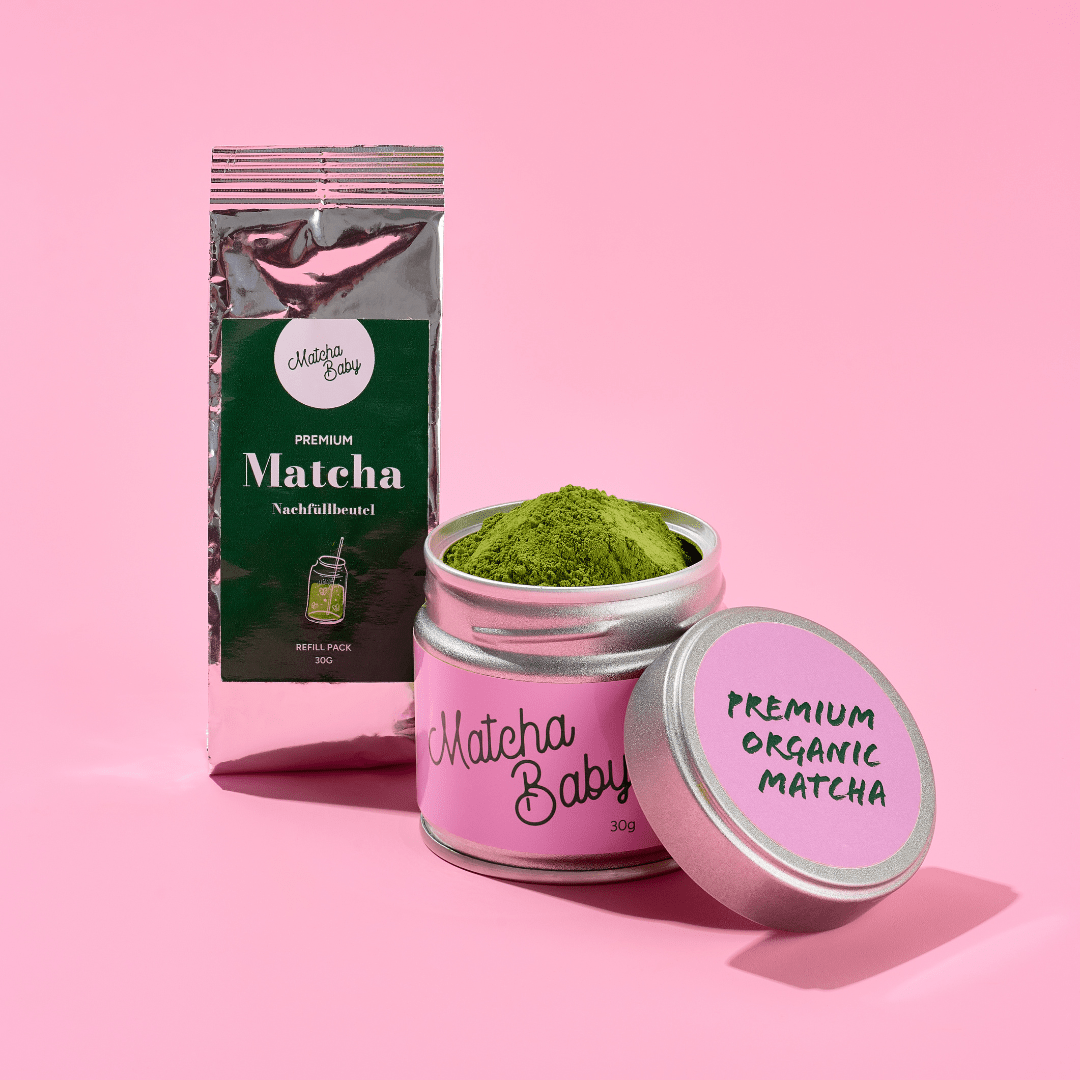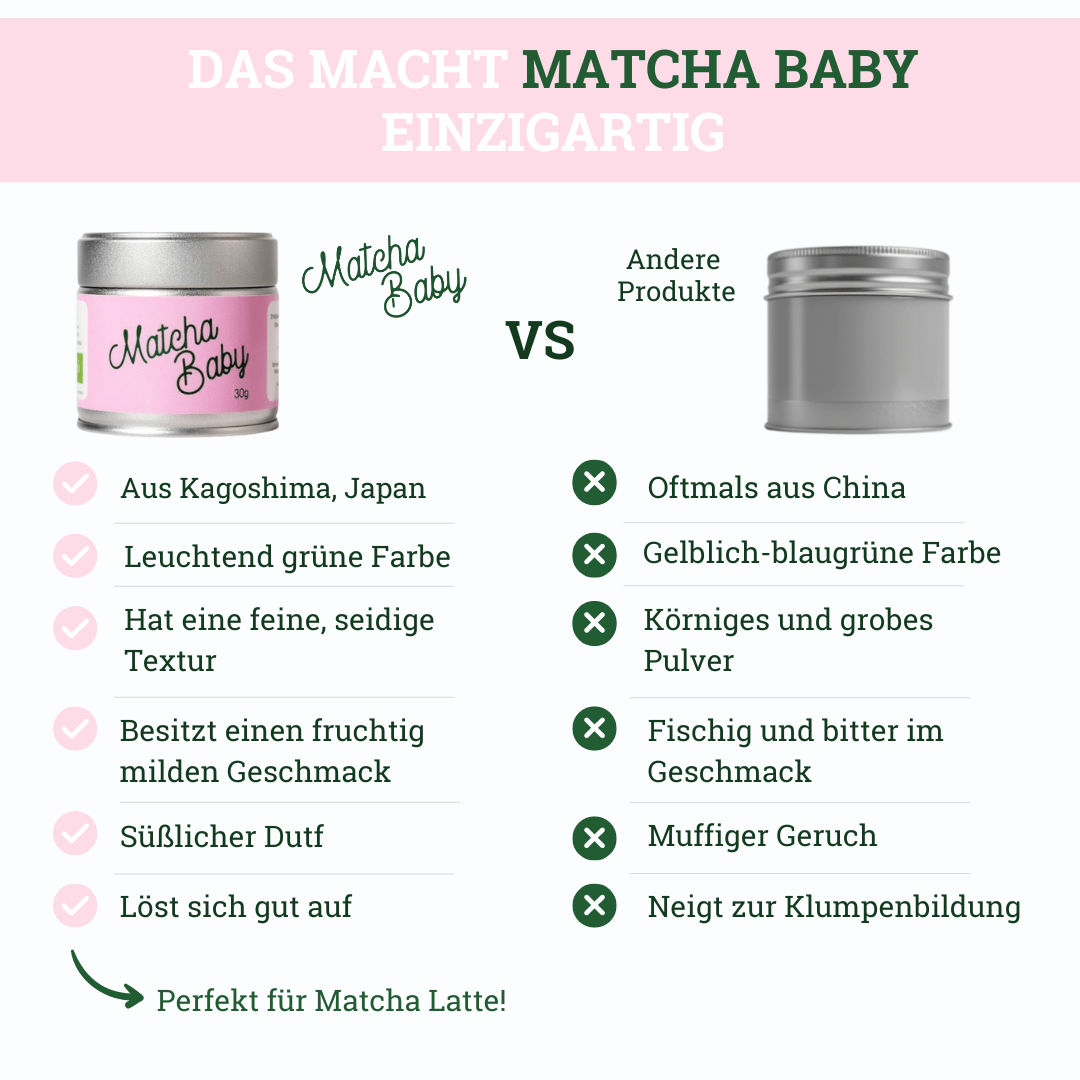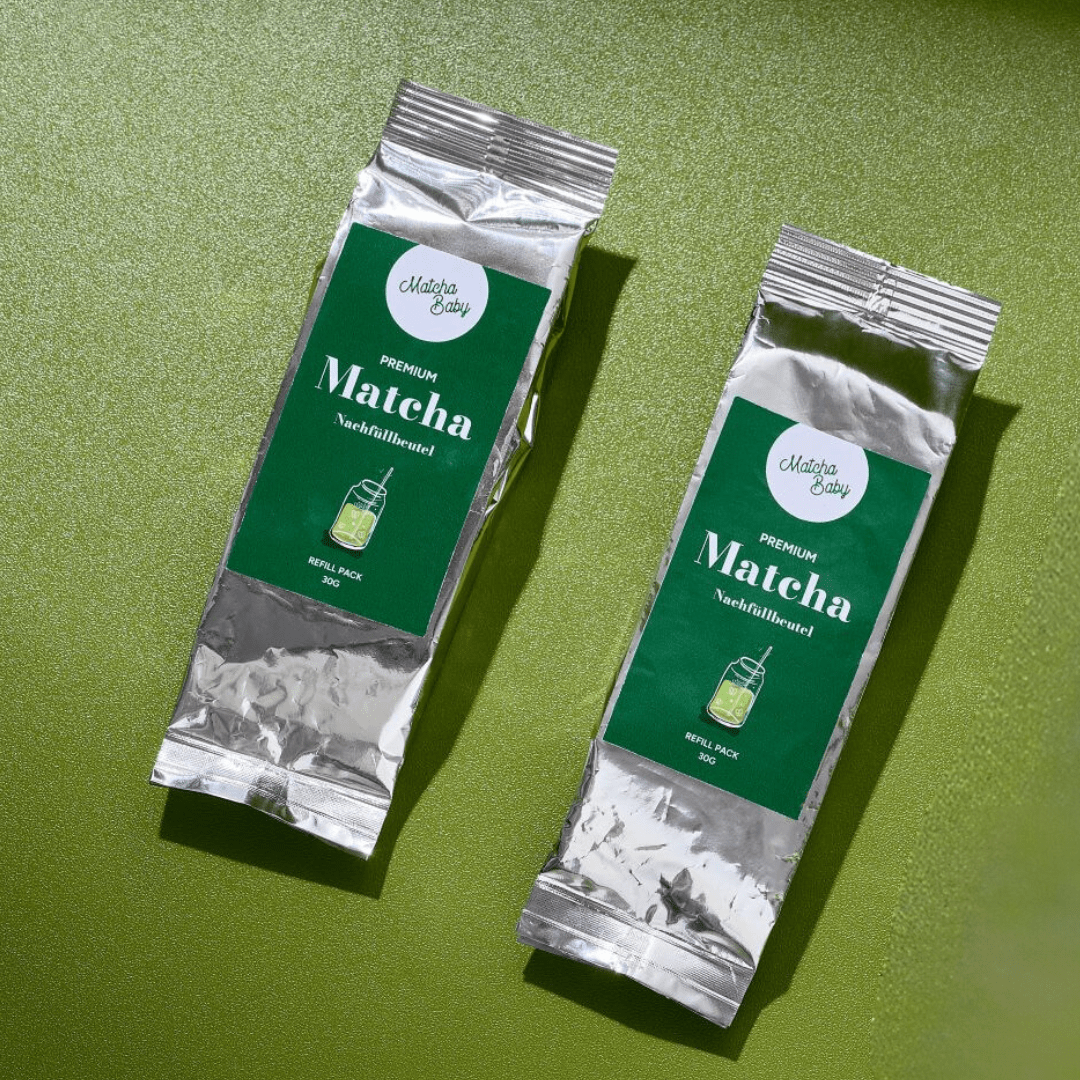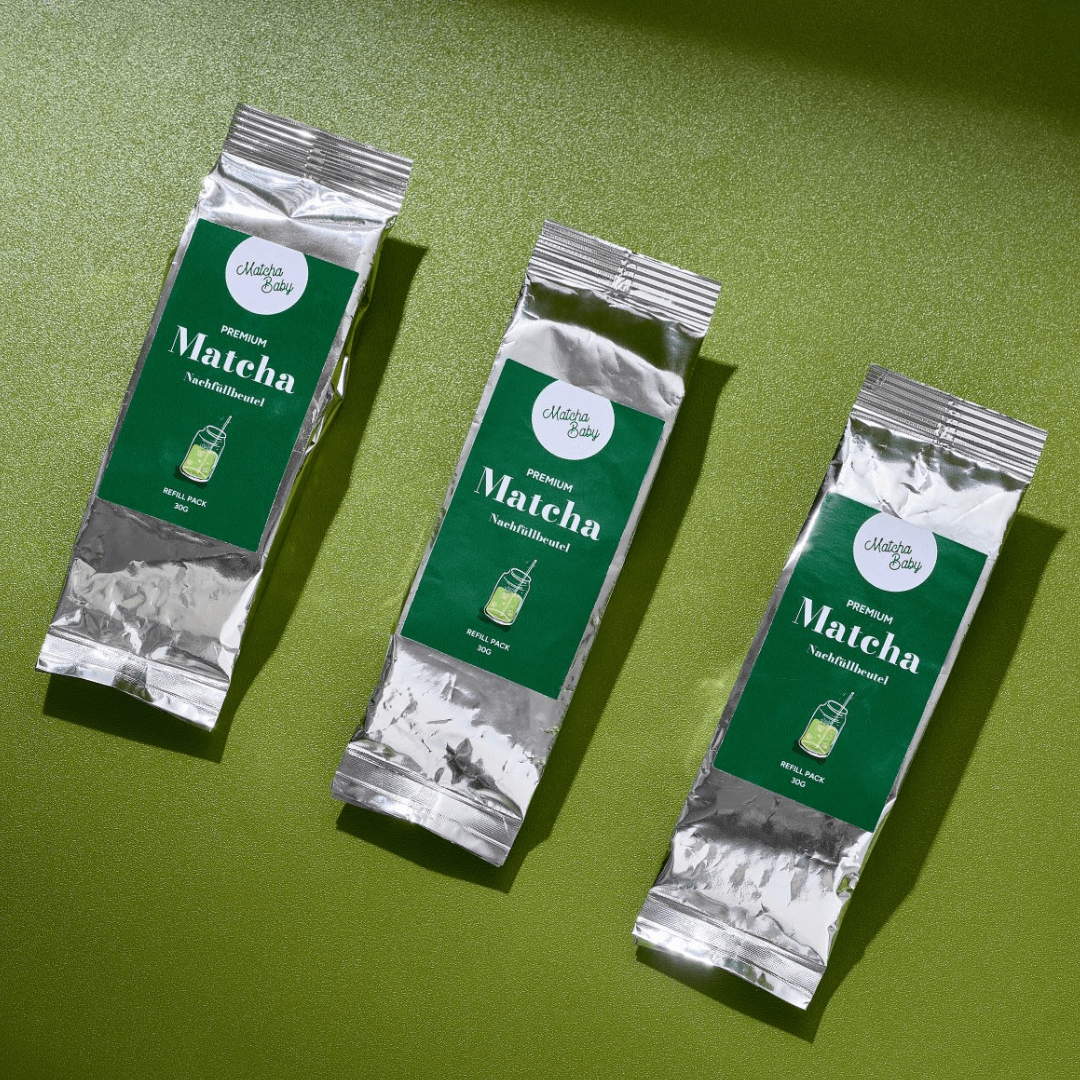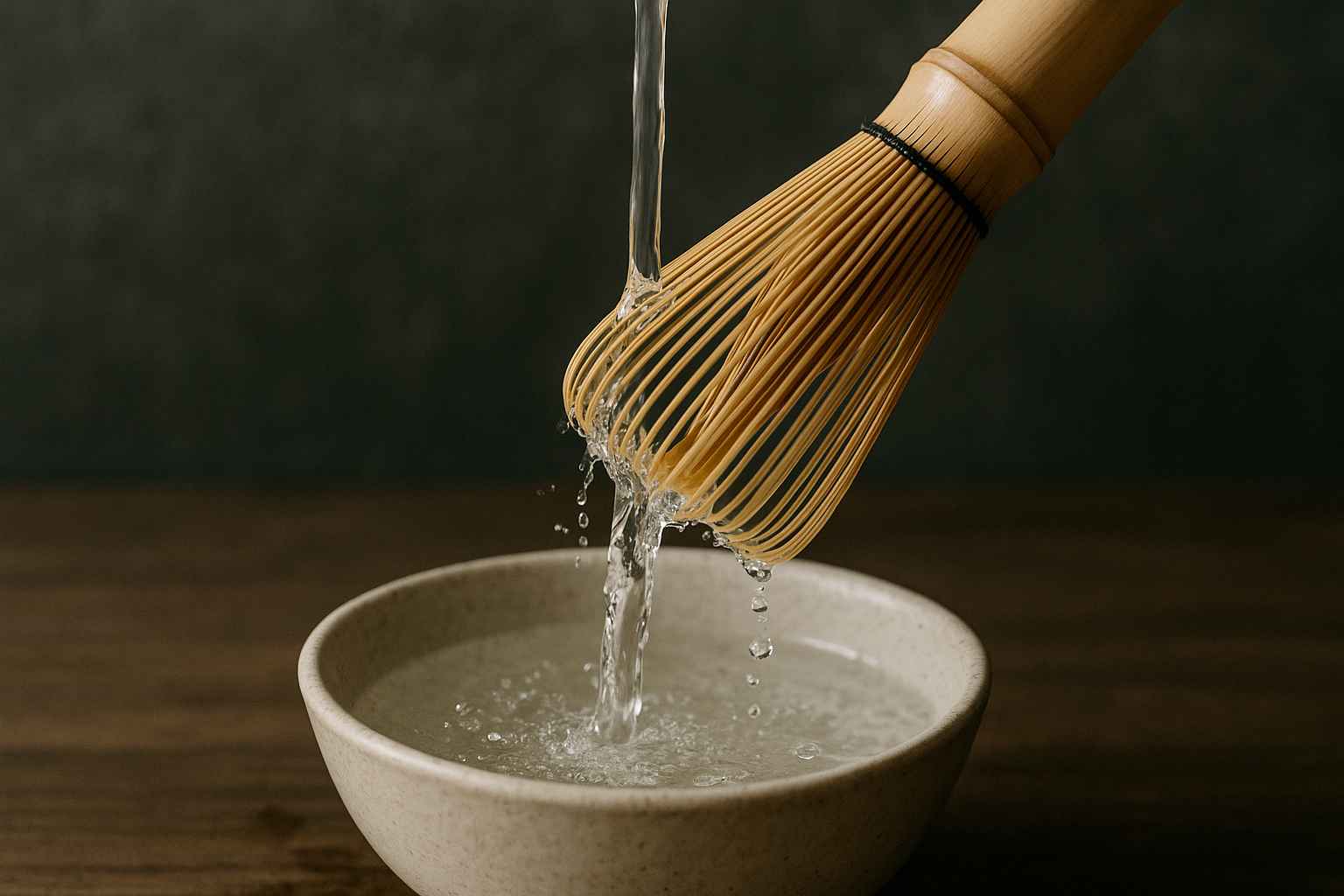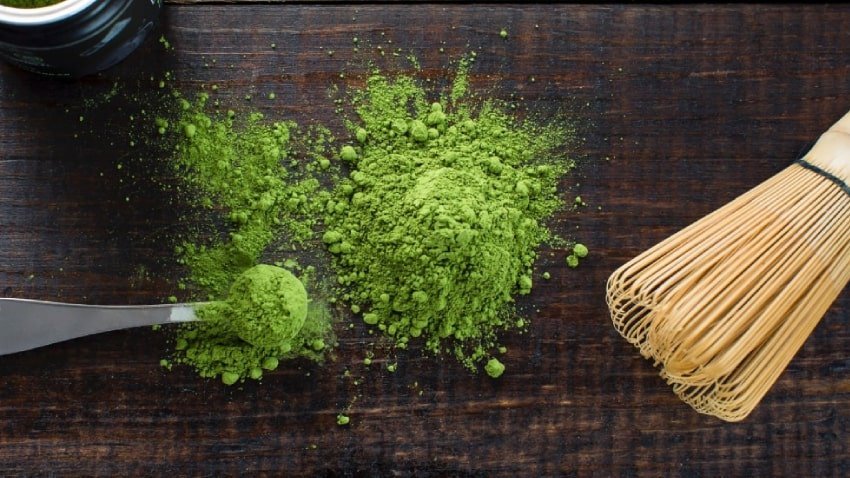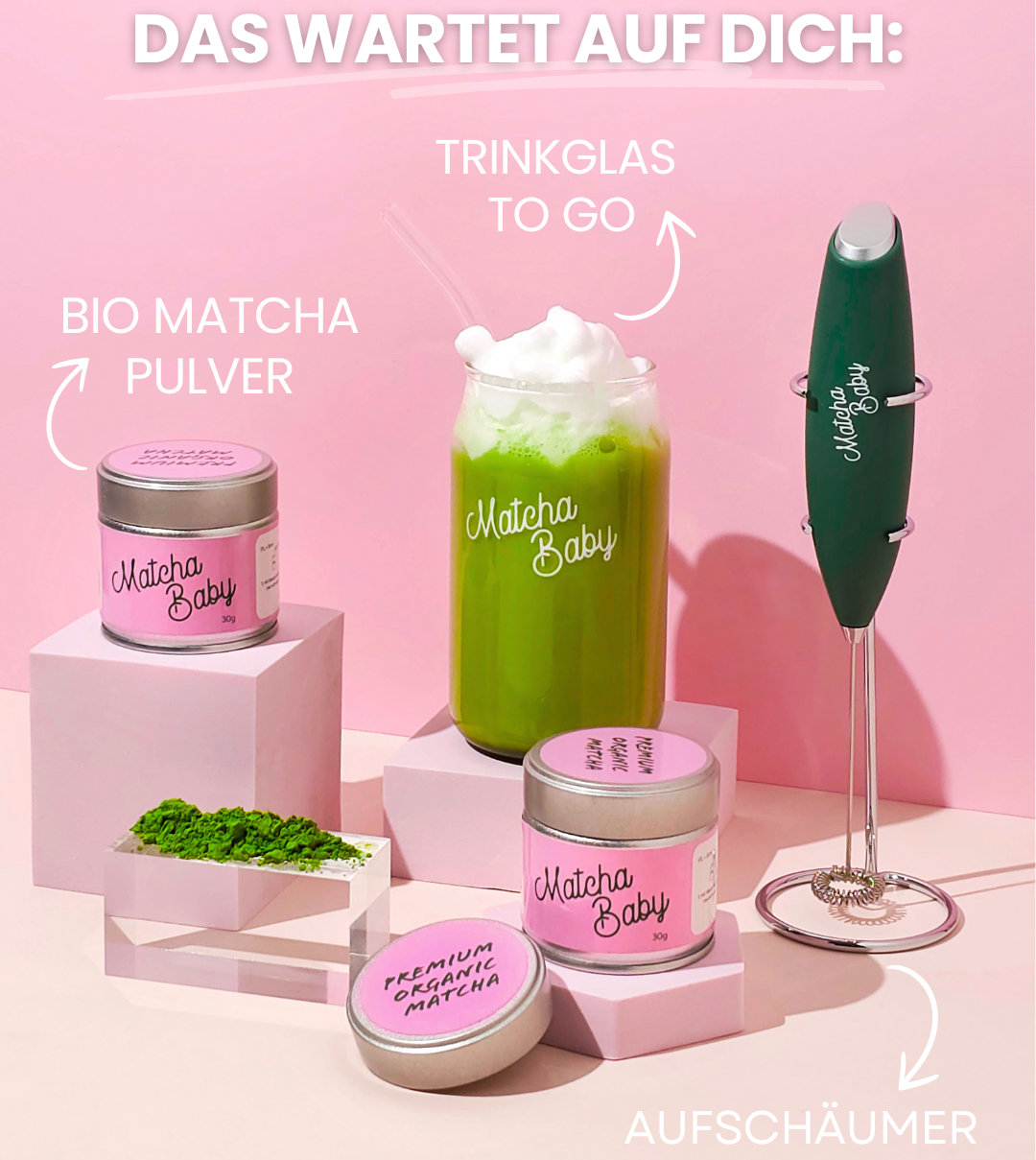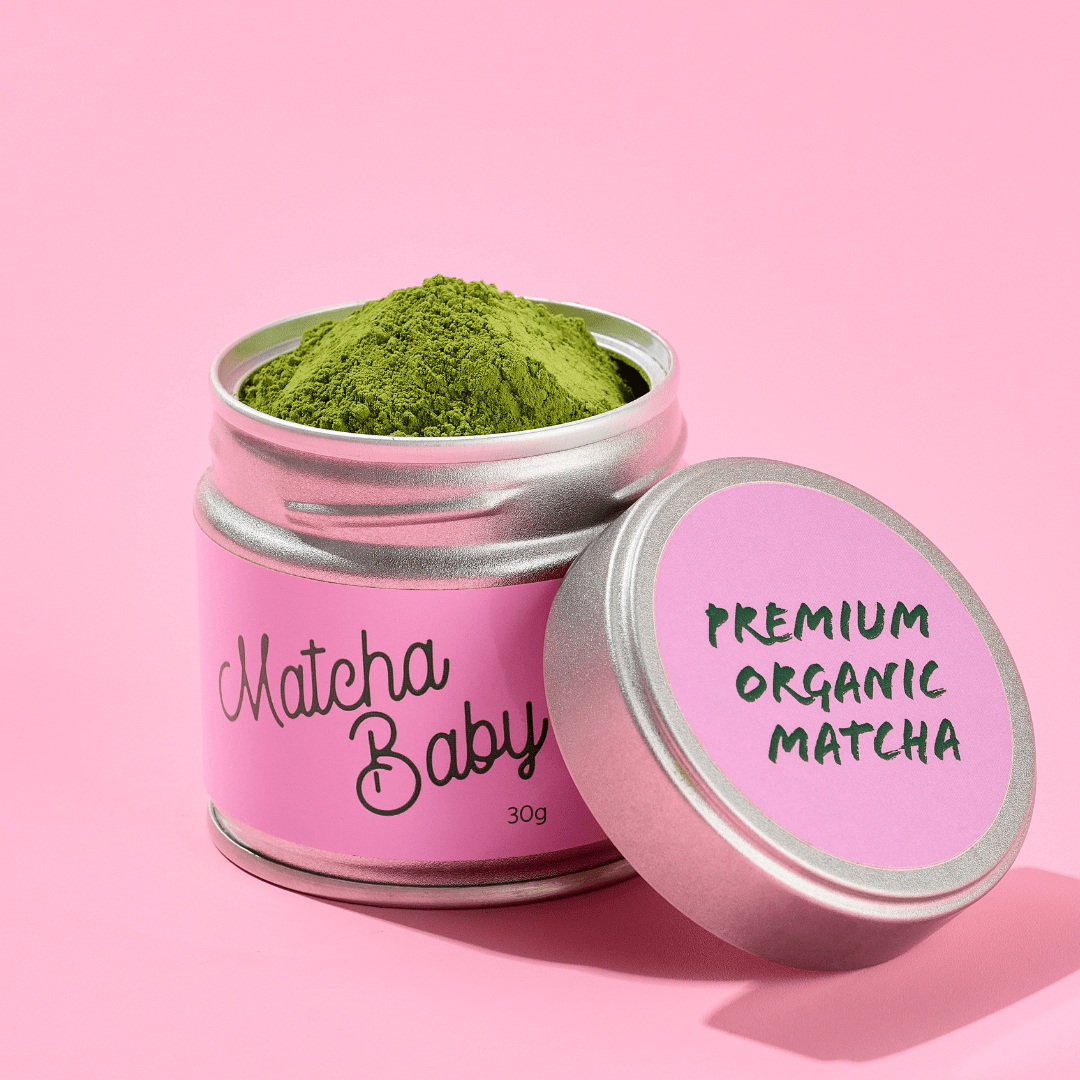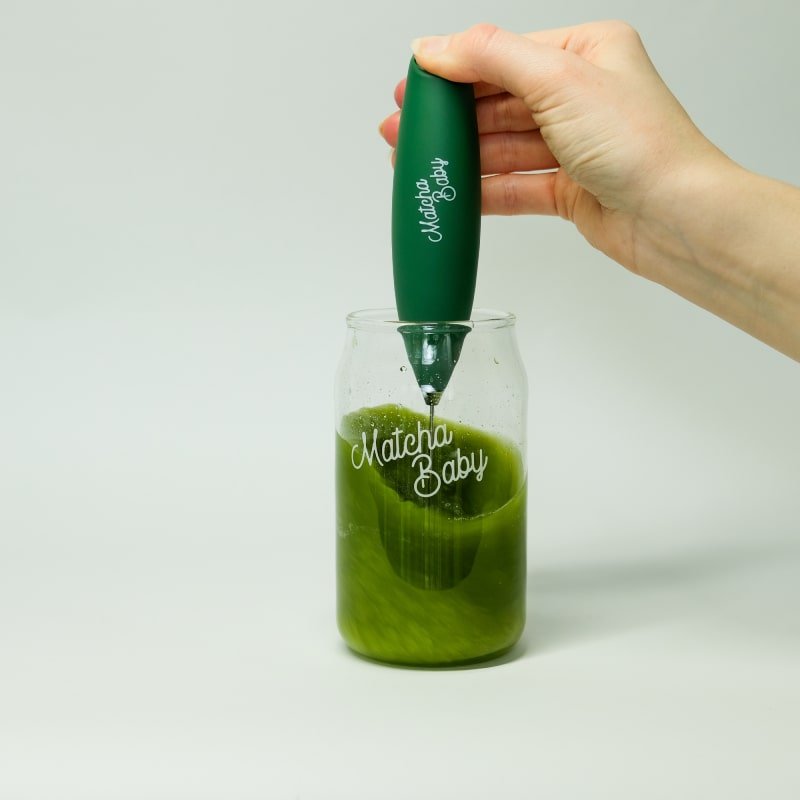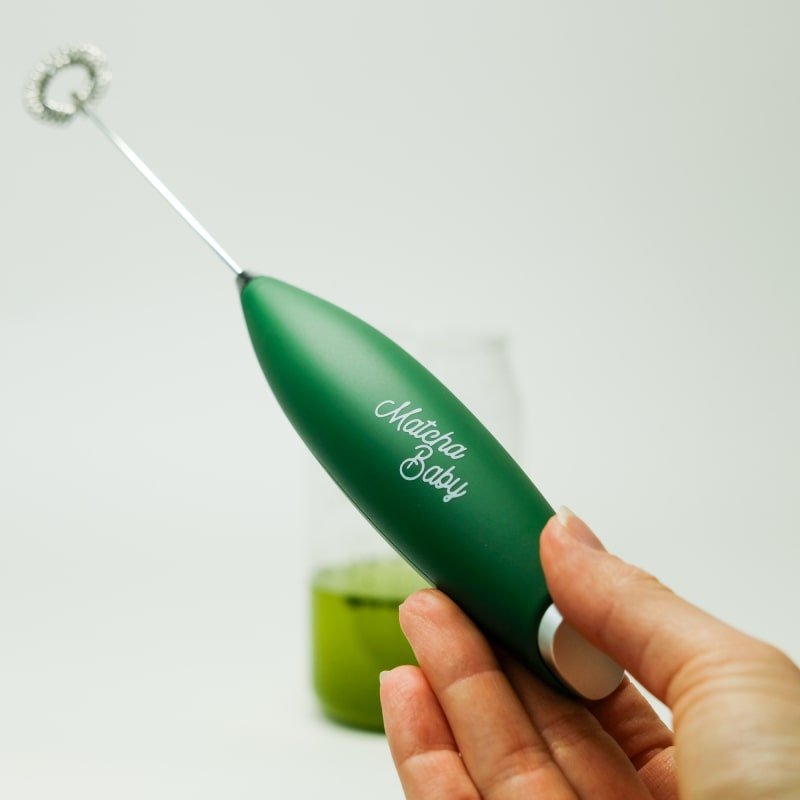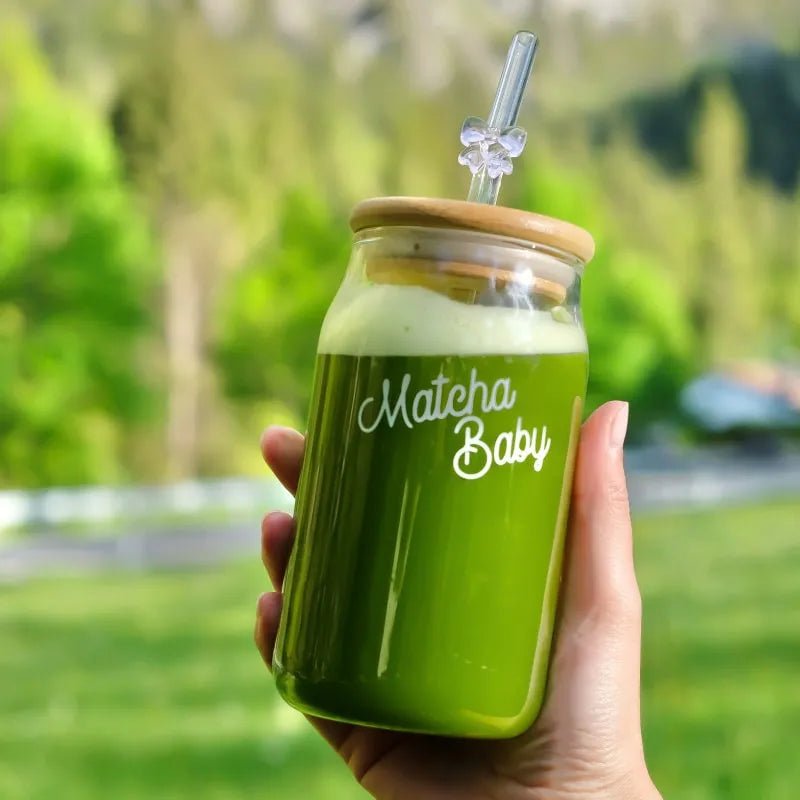Green tea pregnancy
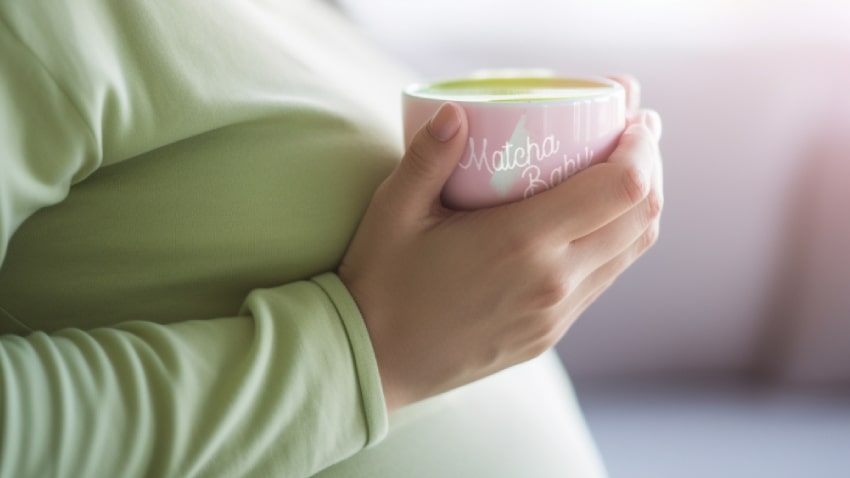
Green tea during pregnancy: Is it safe?
Green tea is known for its health-promoting properties and is often considered a healthy alternative to caffeinated beverages. Green tea is a type of tea made from the leaves of the Camellia Sinensis plant. The leaves are dried and roasted after harvesting to prevent oxidation, which would alter the flavor and nutrients. This distinguishes green tea from black and oolong tea, which undergo a longer oxidation period. However, during pregnancy, women often ask questions about the effects of consuming green tea on their health and that of their unborn child. This is because a cup of tea contains approximately 25 to 35 milligrams of caffeine, and caffeine is known to be bad for your unborn baby.
Why do people drink green tea?
Green tea has a long history of use as a traditional medicinal herb in Asian cultures and is prized worldwide for its health benefits. Green tea is believed to reduce the risk of heart disease, diabetes , and some cancers due to its antioxidant and other beneficial compounds.
Nutrients in green tea
Green tea contains several important nutrients and compounds, including:
- Catechins: A group of antioxidants that may reduce inflammation in the body and lower the risk of heart disease and cancer.
- Caffeine: A stimulant that improves alertness and concentration.
- L-Theanine: An amino acid that improves brain function and has calming effects.
- Vitamins and minerals: Green tea also contains a variety of vitamins and minerals such as vitamin C, folic acid and manganese.
Can green tea be drunk during pregnancy?
Green tea is generally safe for consumption during pregnancy, but there are some safety concerns to consider. For example, large amounts of green tea can lead to increased caffeine levels in the body.
Caffeine in green tea
Like many other foods and beverages, green tea contains caffeine. However, too much caffeine during pregnancy can increase the risk of miscarriage and premature birth. Therefore, pregnant women should monitor their caffeine intake and consult their doctor or midwife to determine the recommended amount.
A cup of green tea contains an average of 25 to 35 milligrams of caffeine, while a cup of coffee contains approximately 95 milligrams. Therefore, consuming green tea in moderation is unlikely to lead to a significant increase in caffeine levels in the body. However, the unborn baby has difficulty processing caffeine, or even not at all, so all caffeinated beverages should be consumed by the mother in moderation.
Protection against gestational diabetes
Studies have shown that consuming green tea during pregnancy can help reduce the risk of gestational diabetes. Women who regularly drank green tea during pregnancy had a lower risk of developing gestational diabetes.
Gestational diabetes is a condition in which the mother's body has difficulty producing or using insulin during pregnancy, which can lead to high blood sugar levels. This can cause complications for both mother and child.
Antioxidant effects
Green tea is also a rich source of antioxidants, which can help protect cells in the body from free radical damage. This protective effect can be particularly beneficial during pregnancy, as the body is subject to increased stress during this time.
How much green tea is safe during pregnancy?
The recommended amount of caffeine for pregnant women is generally no more than 200 milligrams per day. Since a cup of green tea contains an average of 25 to 35 milligrams of caffeine, pregnant women can generally consume a moderate amount of green tea. It is recommended to drink no more than 2 to 3 cups per day.
However, it's important to keep an eye on your overall caffeine intake. Other caffeinated beverages, such as coffee, energy drinks, or caffeinated sodas, should also be considered.
How to drink green tea during pregnancy
To minimize the risk of caffeine overdose, pregnant women should monitor their consumption of green tea and other caffeinated beverages. One cup of green tea a day should be safe for most pregnant women. It's also important not to overbrew green tea, as this can lead to a higher caffeine concentration. A brewing time of about two to three minutes should be sufficient.
Possible risks of green tea during pregnancy
Although moderate consumption of green tea is generally safe, there are some potential risks that pregnant women should be aware of. Green tea contains tannins, which can inhibit the absorption of iron in the body. Pregnant women are more prone to iron deficiency due to the increased need during pregnancy. Therefore, women who drink green tea should be careful to also eat iron-rich foods and take iron supplements if their doctor recommends it. In rare cases, green tea can be toxic due to its high concentration of catechins. This can lead to liver damage or other health problems. While pregnant women do not typically drink large amounts of green tea, they should still be aware of possible symptoms such as nausea, vomiting, or abdominal pain.
Conclusion
Green tea can be safely consumed in moderation during pregnancy, as long as total caffeine consumption is kept in mind—all caffeinated beverages must be added together. Pregnant women should consult their doctor or midwife to determine the recommended daily caffeine intake.
Green tea may also offer benefits for pregnant women, including protection against gestational diabetes and antioxidant effects. However, it is important to consider iron deficiency and potential green tea toxicity.
FAQ about teas during pregnancy
Which tea during pregnancy?
Some types of tea should be avoided during pregnancy. Herbal teas such as chamomile, peppermint, and ginger, as well as fruit teas, are safe. It is advisable to consult a doctor or midwife before consuming teas.
Which tea in early pregnancy?
Herbal teas such as ginger and peppermint are known for their calming properties for nausea in early pregnancy. Chamomile tea can also help with relaxation.
Which teas should not be consumed during pregnancy?
Teas with medicinal properties such as sage, St. John's wort, and cloves should be avoided during pregnancy. Herbal teas containing strong laxatives, such as senna leaf tea, should also not be consumed.
Which tea for heartburn during pregnancy?
Chamomile tea and ginger tea are known for their soothing properties for heartburn during pregnancy. Fennel tea and anise tea can also help provide relief.
Which teas should you drink while breastfeeding?
During breastfeeding, herbal teas such as fennel tea and anise tea can be used to support milk production. Chamomile tea and peppermint tea can also help with relaxation.
Which tea induces labor?
Lady's mantle tea, raspberry leaf tea, and black tea are traditionally considered to induce labor. Since teas can also have adverse effects, it's advisable to consult your doctor.



